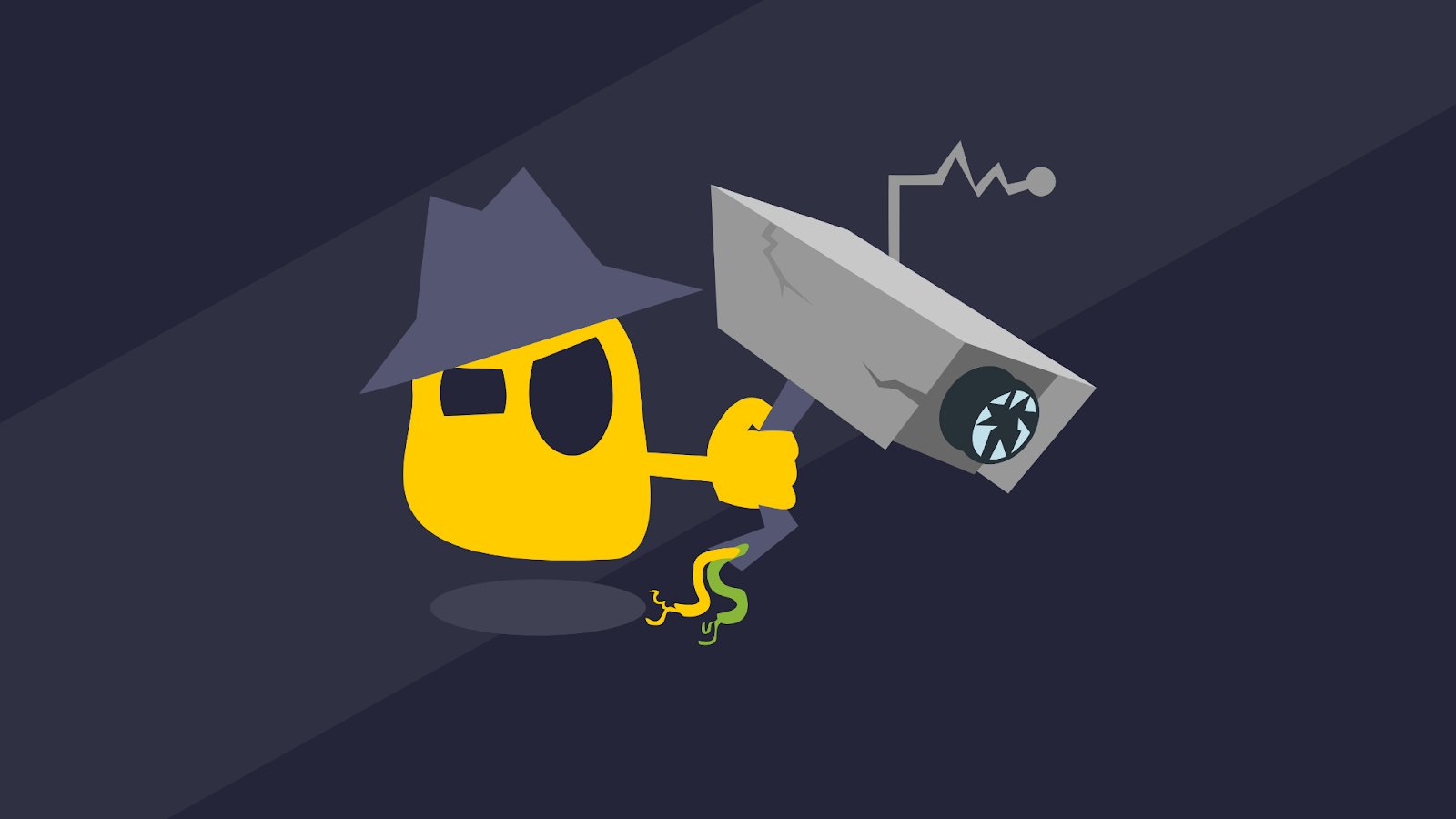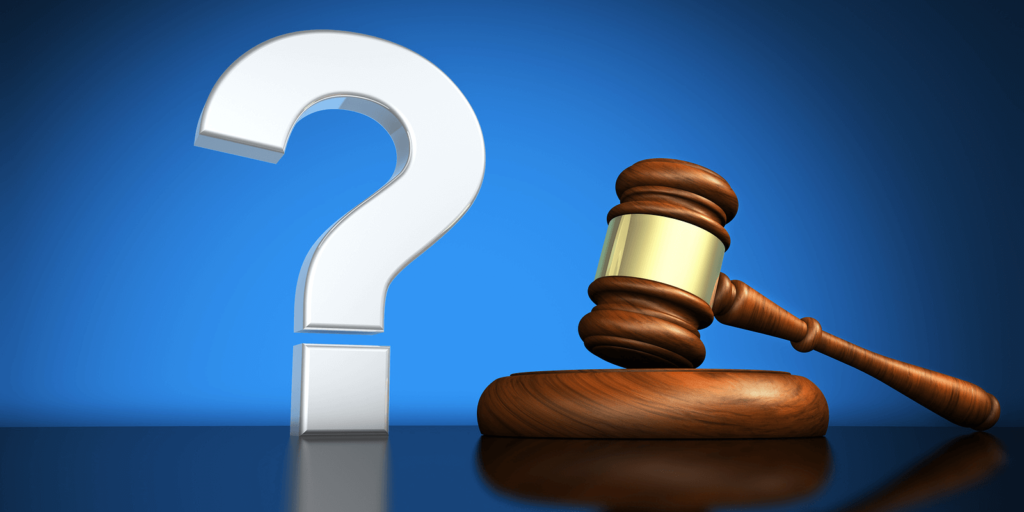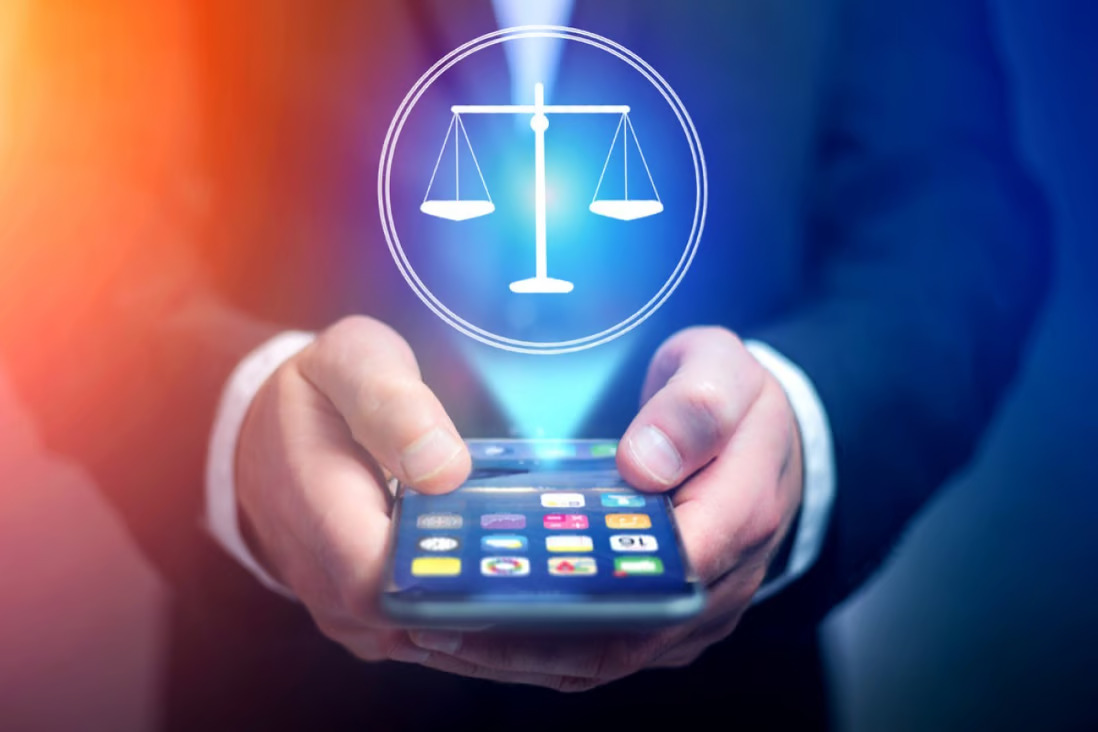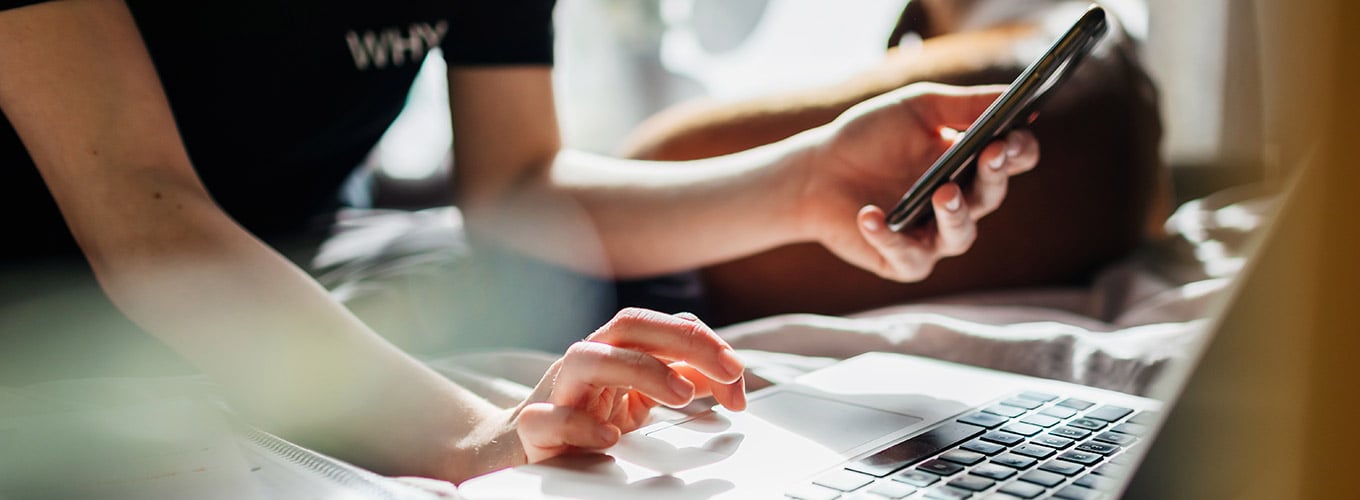What is Doxxing & Is Doxxing Illegal? Explained
Doxxing is a term you might recognize if you have ever heard a celebrity or internet personality discuss the theft or misuse of their personal, identifiable information. You may also have seen debates or arguments about this topic on social media or forums.
However, doxxing is not limited to public figures—it is a growing concern for everyone online. In fact, SafeHome estimates that over 43 million Americans have experienced doxxing at least once. Understanding what doxxing is, learning how to protect yourself, and knowing the appropriate steps to take if you become a victim are essential skills in today’s digital world. Read on for clear, practical guidance and actionable tips to help you stay secure.
What Does Doxxing Mean?

Doxxing refers to the unauthorized collection and public sharing of someone’s personal and private information without their knowledge or consent. Doxxing can also involve revealing the identity of an individual who uses an alias or operates anonymously online. While it is often driven by motives such as retaliation or harassment, some use it to expose individuals actively spreading harmful or offensive content.
Doxxing has a long history and the consequences can be both severe and enduring. Once personal details like a home address, workplace, phone number, email address, or other sensitive information are published, the individual becomes much more vulnerable to malicious activities.
The impact of doxxing ranges from relatively minor nuisances—such as prank pizza deliveries or unsolicited mail—to serious and dangerous threats, including harassment of family members, contact with employers, or even direct physical intimidation or violence.
Is Doxxing illegal?

The legality of doxxing depends on how the information was obtained and the intent behind its publication. Doxxing may be considered a crime if the information was gathered illegally or if sharing it is part of a campaign of harassment or cyberbullying.
There are tragic consequences associated with doxxing in the United States. For instance, one individual suffered a fatal heart attack after their address was posted online and a SWAT team was mistakenly sent to their home. The person responsible for publishing the address was given a five-year prison sentence, despite not being directly involved in calling the police.
Is it always illegal to share someone’s private information? Not necessarily. Doxxing may not break the law if the information is obtained through legal means and is not used to harass, stalk, or cause ongoing harm.
While doxxing is considered illegal in most jurisdictions, it is also strictly prohibited on major social media platforms like Instagram, Facebook, Twitter, and Reddit. For example, Twitter clearly forbids the public disclosure of another user’s private information without consent, and such actions violate their terms of service.
When is Doxxing a Crime?

Technically, doxxing is not always illegal, as much of the information that gets published may already be publicly accessible. Doxxers typically put significant effort into gathering and distributing these details, but sharing this information does not necessarily constitute a crime unless it is used for illicit purposes, such as threats, identity theft, or to hack into private accounts.
Internet security experts recognize that doxxing is a widespread danger, especially for public personalities. In some cases, obtaining someone’s phone number or address is as simple as paying a small fee to a third-party service. Although retrieving more sensitive data—such as social security numbers or credit reports—demands extra effort, determined individuals can still access them.
While there is no explicit federal law in the United States that bans doxxing by name, the act can fall under broader legal provisions, such as 18 U.S. Code 2261A (2015) (covering stalking) and California Penal Code 653.2 PC (addressing electronic cyber harassment).
How to Prevent Doxxing
With doxxing becoming increasingly common, it is vital to take proactive measures to secure your online presence and personal information. Below, you will find the most effective strategies to prevent doxxing. For additional guidance, check out our resources on how to tell if your phone is tapped and what to do if your device is hacked.
Set Strong Passwords on Social Media
Always use complex passwords containing uppercase and lowercase letters, numbers, and special characters. Do not reuse the same password for multiple accounts, and update your passwords regularly. If managing several secure passwords becomes challenging, opt for a trustworthy password manager. Furthermore, keep online identities separate by using different usernames and email addresses for different platforms.
Set up Multi-Factor Authentication

One of the most robust ways to secure your online accounts is by enabling multi-factor authentication (MFA), often referred to as two-factor authentication (2FA). Most platforms—including email, social media, and communication services—support this feature.
Whenever someone attempts to access your account from a new device, you will be prompted for an additional verification method, such as a code sent to your phone. This extra step significantly reduces the risk of unauthorized access, even if your password is compromised.
Turn off Location Services on Social Media
Since content shared on social media can often be seen by a wide audience, it is wise to disable location-sharing features on your accounts. Disclosing your location makes it easier for malicious actors to track and target you. Turning off location services is a simple yet powerful way to maintain privacy.
Additionally, carefully review the permissions you grant to third-party apps. Many request access to your location, media files, or devices. Only approve access when you fully trust the application and its source.
Use Caution with Wi-Fi

Public Wi-Fi networks—commonly found in locations like airports and cafes—frequently lack adequate security protections, which can put your device and personal information at risk. Avoid downloading unknown software when connected to public Wi-Fi, as this can lead to malware infections and personal data breaches. Whenever possible, use your mobile data instead of public Wi-Fi for greater safety.
Google Yourself
Regularly searching your name online helps you identify which personal details are publicly visible. This practice is especially valuable for influencers or people with a broad online presence, enabling you to take action to remove or secure information that you do not want to share. Be sure to check results under all your aliases and social media accounts. For step-by-step advice, the organization Access Now offers a useful guide on “self-doxxing” so you can proactively monitor and manage your digital footprint.
With these strategies, you can greatly reduce your vulnerability to doxxing and protect your personal data in the digital age.
 Reviewed by
Reviewed by 




